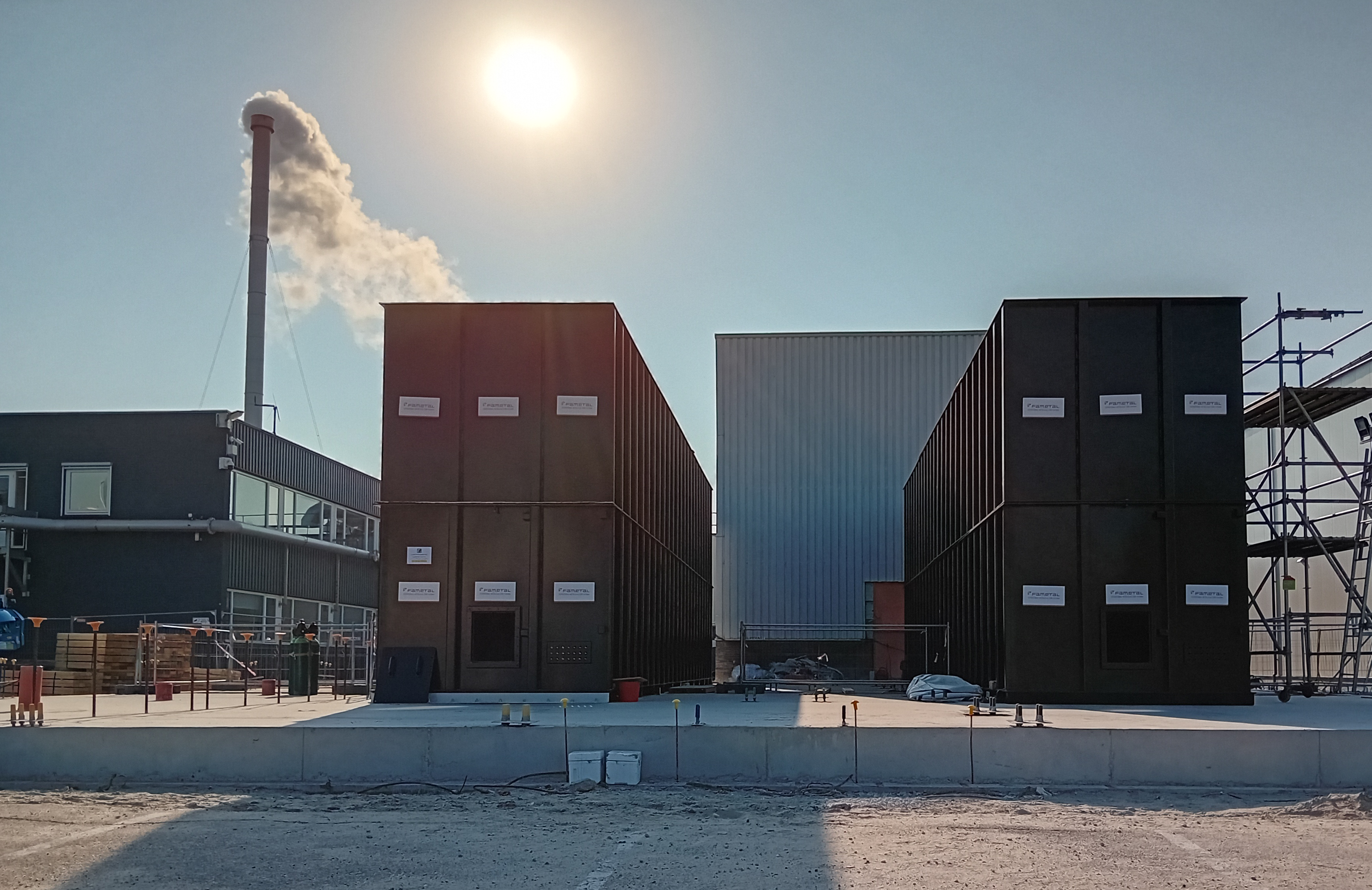There is no silver bullet to bridge the storage gap: technology-neutrality should be a must when developing storage capacity
 30
Nov
2023
30
Nov
2023
On 29 November 2023, the Energy Storage Coalition provided its contribution to the public consultation on the MACSE framework “Regulation of the supply mechanism of electrical storage capacity” issued by Terna.
The Coalition stressed that it is essential, both at national and European level, to follow a technology-neutral approach when developing energy storage capacity to benefit from the diverse advantages offered by the full range of technologies available.
A wide range of technologies for a wide range of challenges
A wide range of technologies are available to answer the variety of needs and challenges ahead. While lithium-ion batteries and pump-hydro are reliable and well-established technologies, other energy storage solutions also have a crucial role to play in the strategic planning of national auctions.
For instance, certain other energy storage technologies’ longer service life, limited degradation over time, and use of non-critical raw materials, prevent exposure to geopolitical instabilities. In that respect, the ongoing war in Ukraine has already underlined the detrimental impacts that an over-reliance on imports from a few third-countries can trigger.
A counter-productive approach in the current framework
Accordingly, the Energy Storage Coalition welcomed Terna’s decision to partially open its procurement mechanism to other energy storage technologies. However, the requirement defined by Terna artificially forbids any other technology from being eligible.
Indeed, Article 7.2.b of the MACSE framework states that new technologies should have a Round Trip Efficiency (RTE) “at least equal to that provided in the Technical Report for the reference technology with a shorter planning period”, meaning a higher efficiency than lithium-ion batteries’.
However, there is no other technology with a higher RTE than lithium-ion batteries, as pointed out by Terna in the study published on 4 August 2023.
Therefore, it makes no sense to seemingly open the auctions to technologies other than lithium-ion batteries & pump hydro while, at the same time, excluding de facto anything but lithium-ion batteries & pump hydro.
Simple solutions for a successful energy storage system
A more reasonable approach would be to set a new RTE threshold comparable to pump hydro’s (a technology already approved by Terna). Moreover, other environmental & economic benefits should be reflected in auctions as reward coefficients, such as for instance longer delivery times than the reference technologies’ or the absence of degradation of performance over time. The latter would be in line with the ARERA resolution 247/2023/R/eel Annex A point 5.3 that encourages standard contracts to consider these characteristics.




